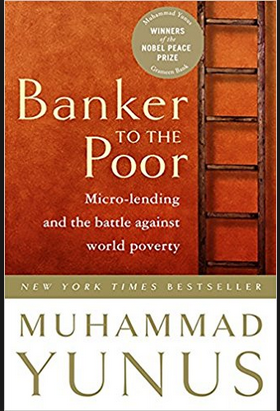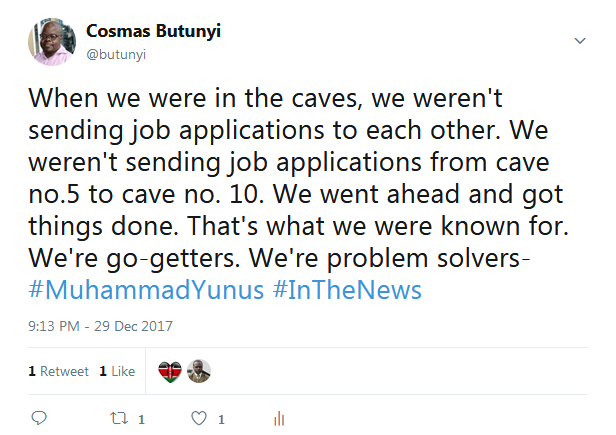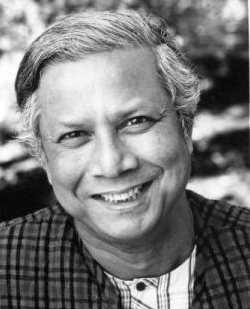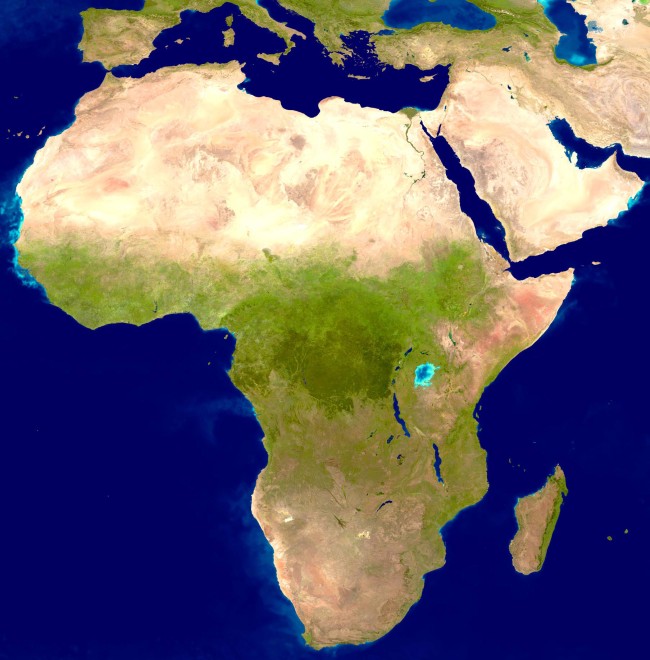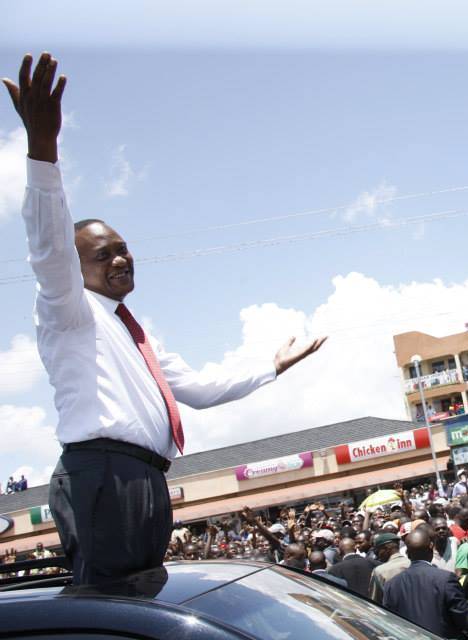Embed from Getty Images
The World Cancer Day shoved in our faces the reality of a broken health system. Previously considered a non-epidemic, cancer in recent years has proven to be a more ravaging risk than even AIDS and Malaria, erstwhile the tier one killers.
Against cancer, we are sitting ducks. We have limited facilities. We lack the equipment to deliver treatment. We have almost zero epidemiological data. There are few oncologists in the country. We have not dedicated the same kind of resources that we dedicated in the fight against AIDS and Malaria. To dampen everything, Cancer hardly has the same appeal, however twisted, that AIDS and Malaria have had, to previous donors. Simply, we are on our own here.
This is unacceptable, considering that for over half a century, we have been chorusing how disease is a major impediment to development. Disease ranked among top-most enemies that our Founding Fathers set out to confront, together with poverty and illiteracy. Why has the goal of tackling disease by ensuring that quality healthcare is accessible – physically and economically — to all Kenyans, eluded us this long?
Granted, we have made steps in increasing physical accessibility by reducing the long distances that some Kenyans have to cover to get to a health facility – but this is not all. A lot more still remains to be done. Stories are told of Kenyans losing their lives, not because they did not get to health facilities in time, but for lack of money for them to be admitted, no bed to place them on, drugs being out of stock or no health personnel to attend to them.
Never mind that a healthy population is a key ingredient towards delivering a prosperous nation as envisioned in our long term national development goals. If we are not going to fix the healthcare system, then we could as well forget about the Promised Land of sustained economic development in the next one and a half decades that we constantly dream of.
Kenya (and indeed, many countries in Africa and the rest of the developing world) has to rethink our approach towards delivering quality healthcare. Of what use is a government (national or county) that cannot effectively take care of its people’s most basic needs, such as healthcare, ability to earn a living and security? Access to quality healthcare for all is one of the avenues through which we could tackle inequality that still remains high in this country.
Embed from Getty Images
Statistics indicate that health-related expenses take up a significant portion of an average households’ expenditure. The more important problem is the vulnerability to poverty that sickness of a household head poses. When people are sick, they don’t work and do not earn a living for their families. Imagine the economic impact that would accompany a functional public healthcare system that ensures families do not spend that much on healthcare and do not worry about skipping work because they are sick and cannot afford medication. Basic economics indicates that when households are able to save money, they increase their purchasing power as well as ability to invest in business or other productive activities.
How then, do we fix Kenya’s public healthcare system? Some of our neighbouring countries have delivered much more impressive health outcomes, while we continue chest-thumping about being the regional economic powerhouse. Even with the facilities and equipment that we have, it is possible to generate much better outcomes than we already are. Is our strategy hamstringing efficiency of the healthcare system?
A haphazardly designed and executed decentralization has contributed to the chaos by splitting responsibility and accountability for health – that county governments are responsible for implementation but national government retain substantial policy power. Maybe we devolved health too soon, or devolved too much or we have to go through the teething problems to refine and reinvigorate it.
One of our weakest links is following through on all the excellent plans that have been formulated over time to transform the public health system. Legend has it that some of the brilliant development plans in this country have gained much more traction elsewhere in the world, while ours continue to gather dust in technocrats’ magnificent shelves and computer hard drives. If there is a leaf we were to borrow from the success stories such as Singapore, then it should be disciplined execution of plans. Apparently, it is usually said in these countries that: ‘Policy is implementation and implementation is policy’. Unfortunately, we have not made execution a core competence for our healthcare system.
It all boils down to leadership. In our circumstances it is not even clear where we should look for leadership. The constitution mandates county governments but they are still strong-armed by national government that nonetheless absolves itself from blame for the turmoil in the sector. Not that the counties themselves do not have a leadership crisis, anyway!
What Kenya needs is persons who will get things done to ensure systems function properly all the time. Then cases of health systems being paralysed by medics’ strikes will be a thing of the past. Kenyan families will no longer have to organize many fundraisers to take their kin to India for treatment because some equipment and procedures are not available locally.
Therefore, the challenge for the managers of the country’s healthcare system in whatever jurisdiction is to consider the strategy statements – the vision, mission, objectives, scope and competitive advantage — and work towards achieving them. How comes, for instance, that we still have acute shortages of certain specialist skills, and have one doctor for a huge population, way beyond acceptable levels. That some health facilities suffer shortages of drugs and other key consumables from time to time – are our priorities right?
Even as we rethink our strategy for the public healthcare system, we should also cascade it to the entire healthcare workforce of different cadres. This will ultimately transform the mindset of medics working in these facilities. Ask anyone who has been to a public health facility about their experiences and they will regale you with tales of terror at the hands of the nurses and other health workers. It gets worse in the maternity wards.
The public healthcare system will only be effective if it is treated as a service and a right, and not a work of charity – even if the service is for free. Our taxes run it, anyway!
At the end of the day, this country needs a healthy population to create wealth and livelihoods — and ultimately achieve its national development goals. The public health system serves the vast majority of the Kenyan population and fixing it would translate into huge economic benefits. It would be able to effectively play the role of not only treating but also preventing some diseases through education measures such as good nutrition and clean environment to avoid small but expensive ailments like diarrhea, malaria, typhoid and others that overload the health system.
After all, labour (and a healthy one at that) is a key factor of production. There is a case for a transformed, functional and equipped healthcare system.
This artice was first published in Business Daily onFebruary 25, 2016 and online at http://www.businessdailyafrica.com/Opinion-and-Analysis/Transform-the-health-sector-for-meaningful-development/-/539548/3090936/-/1x1o7x/-/index.html.
